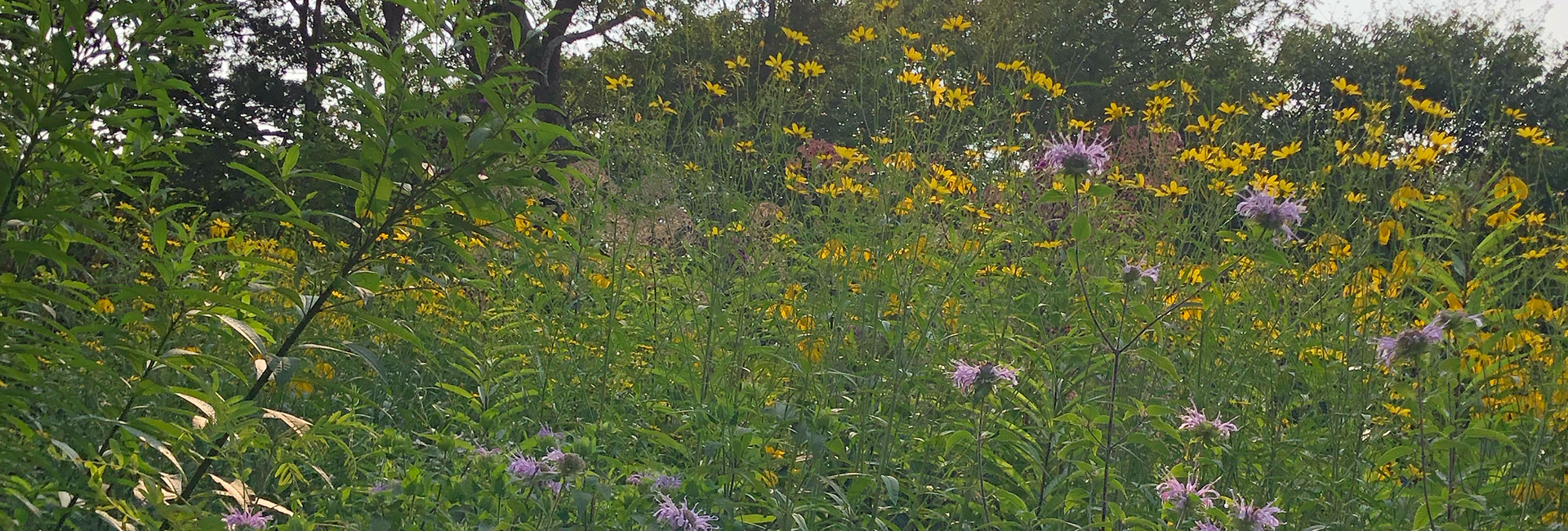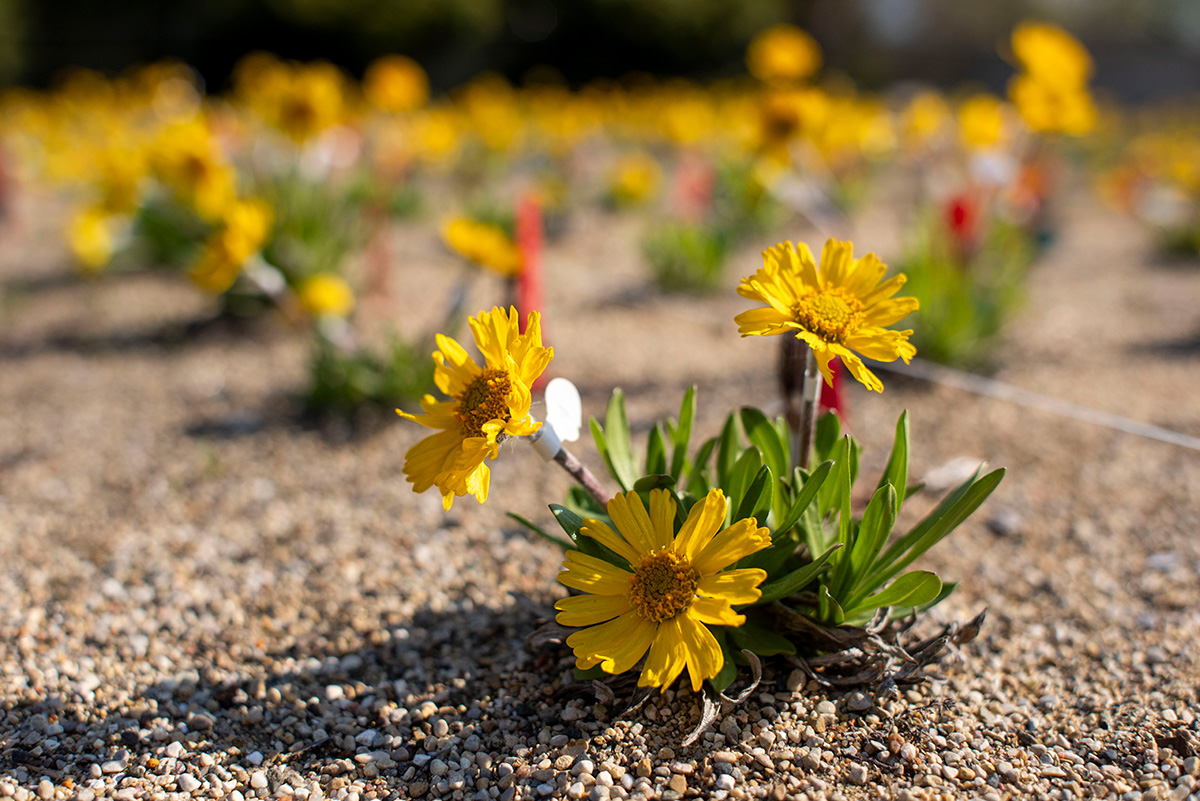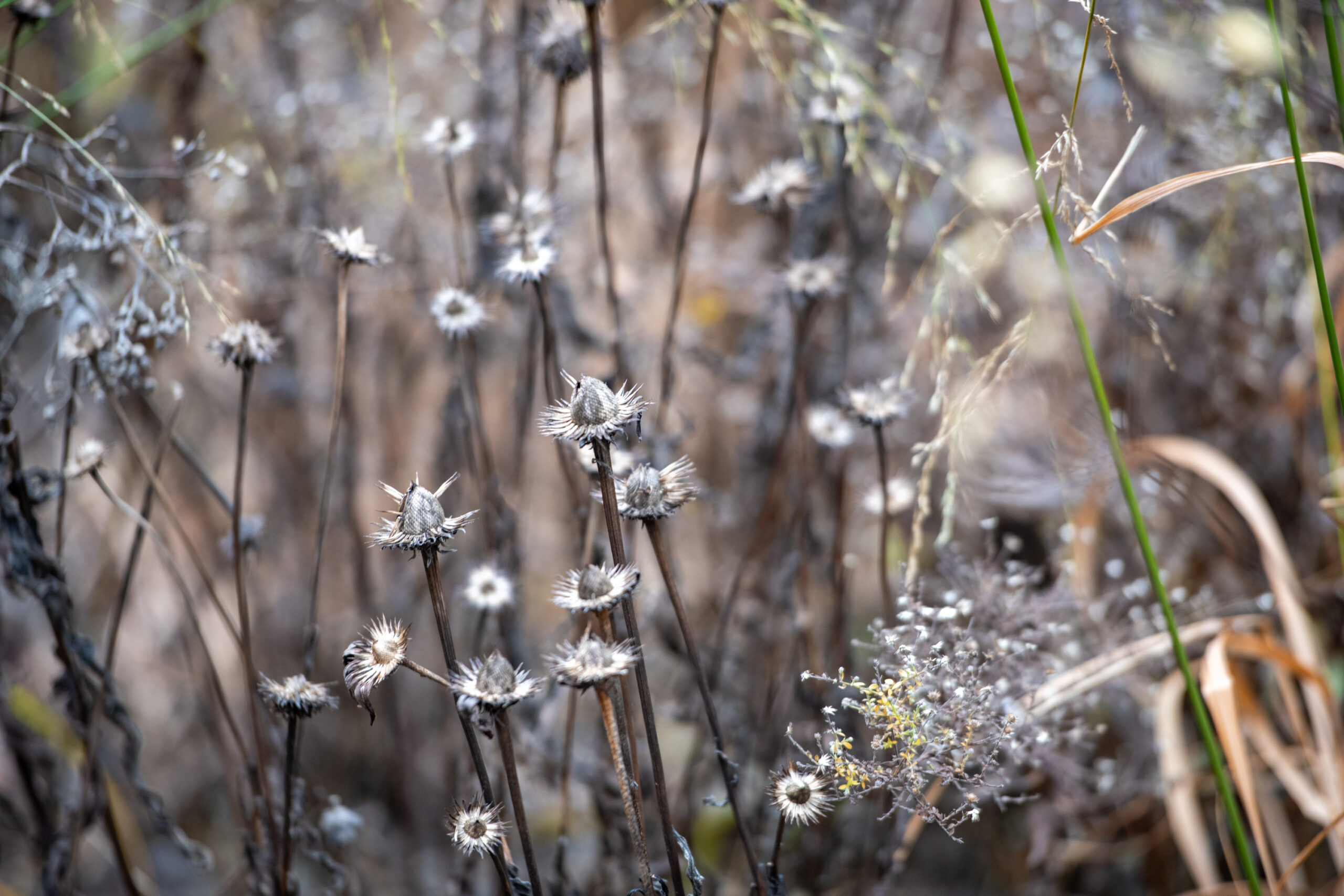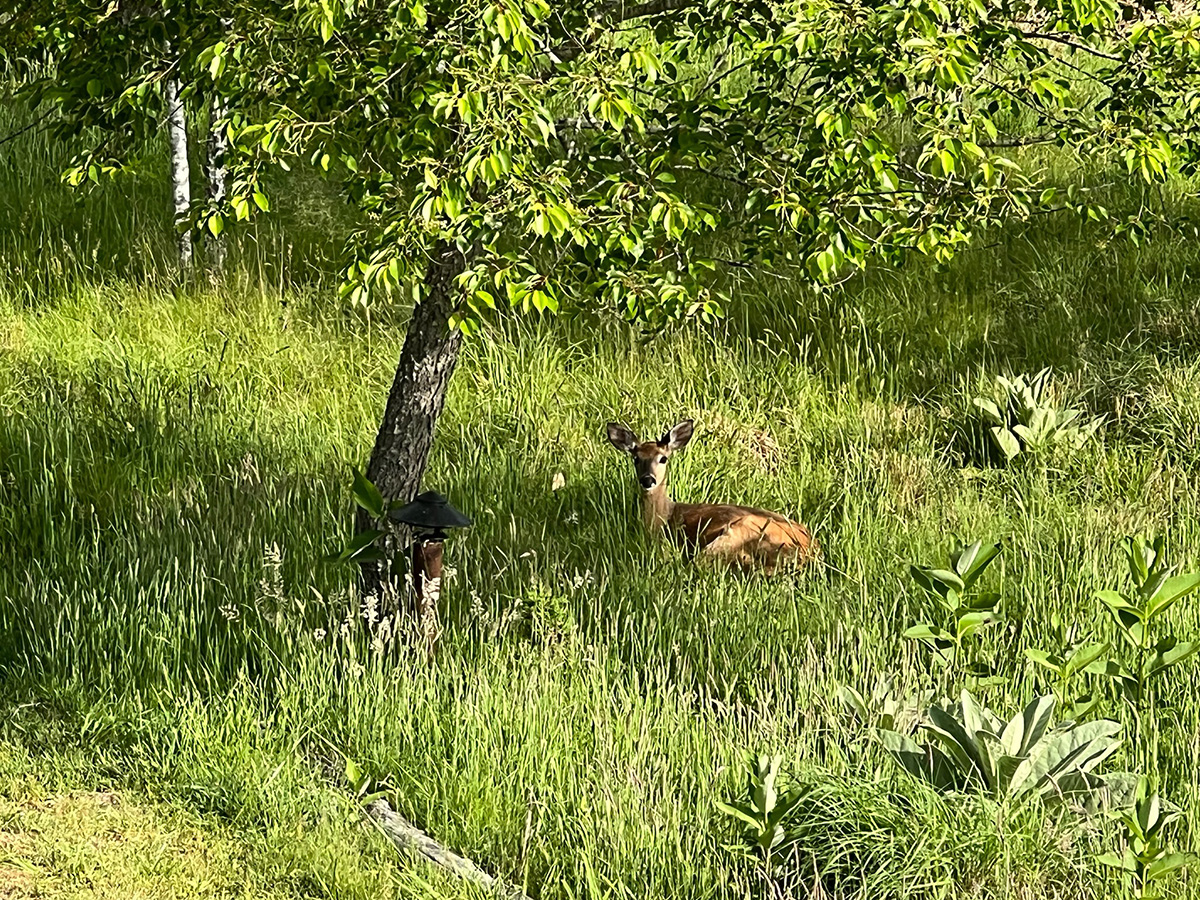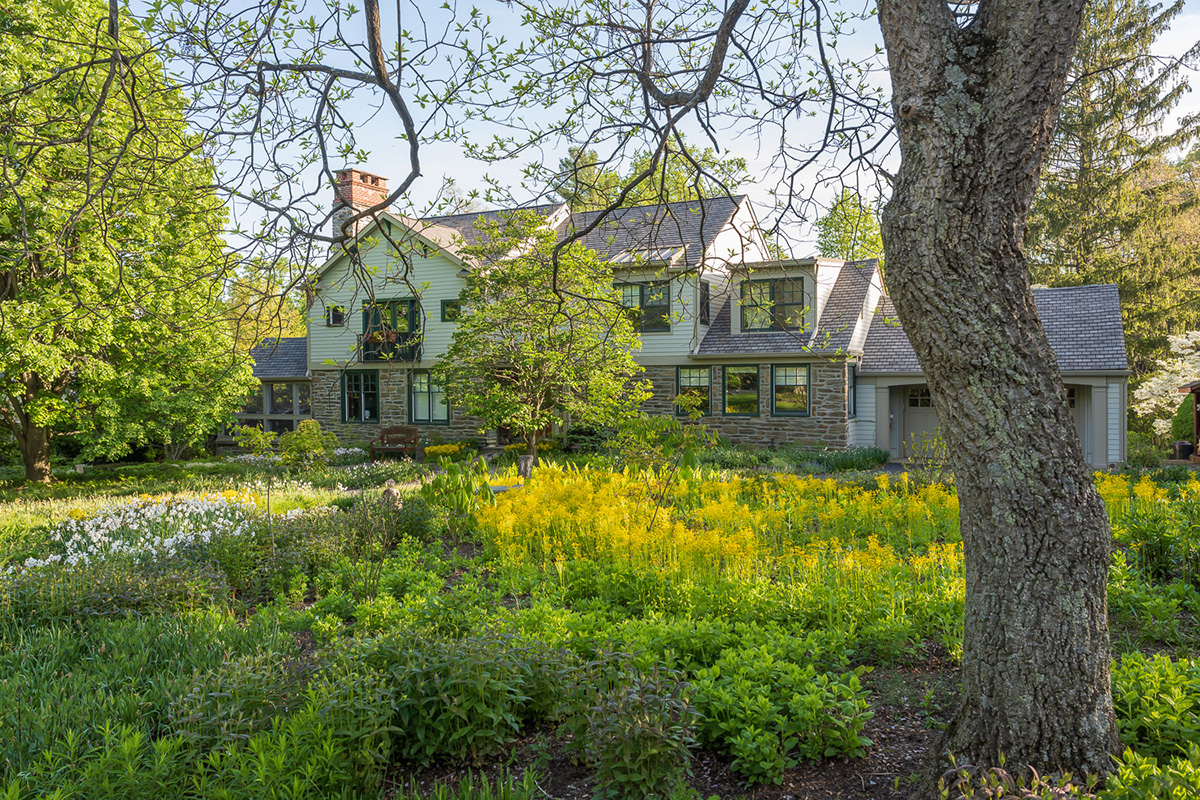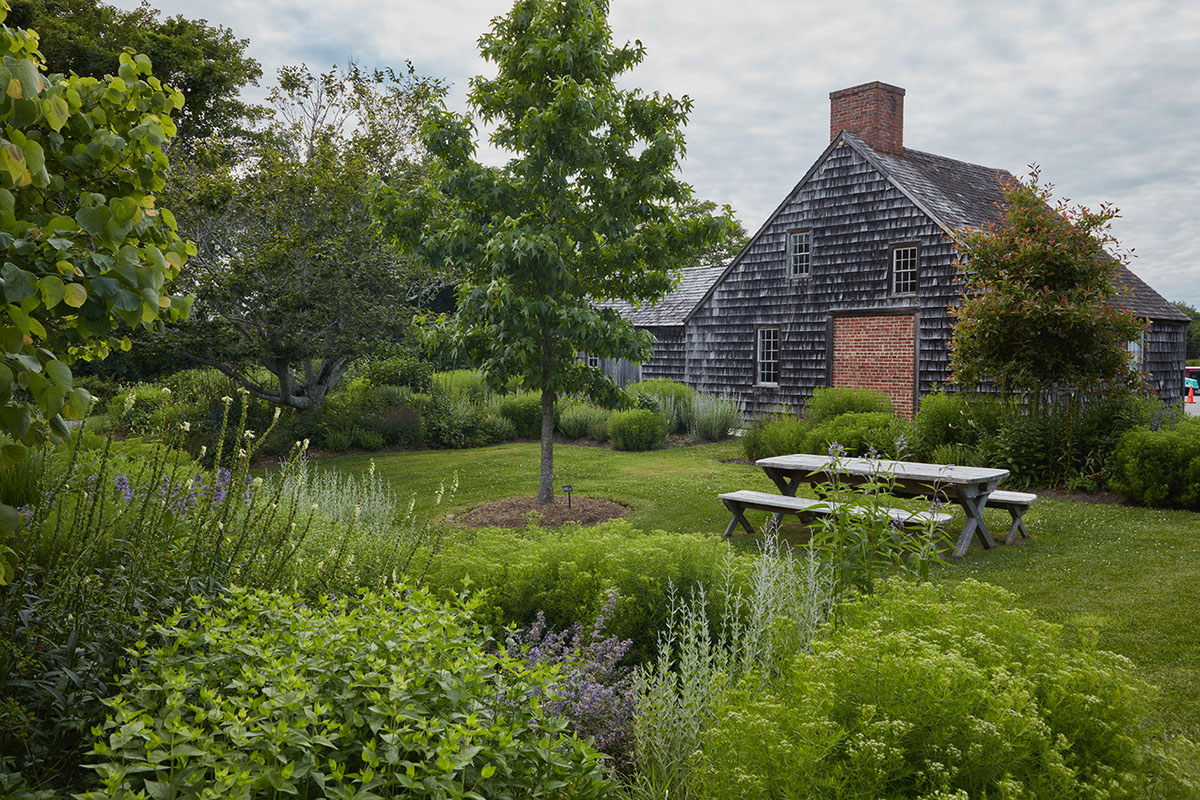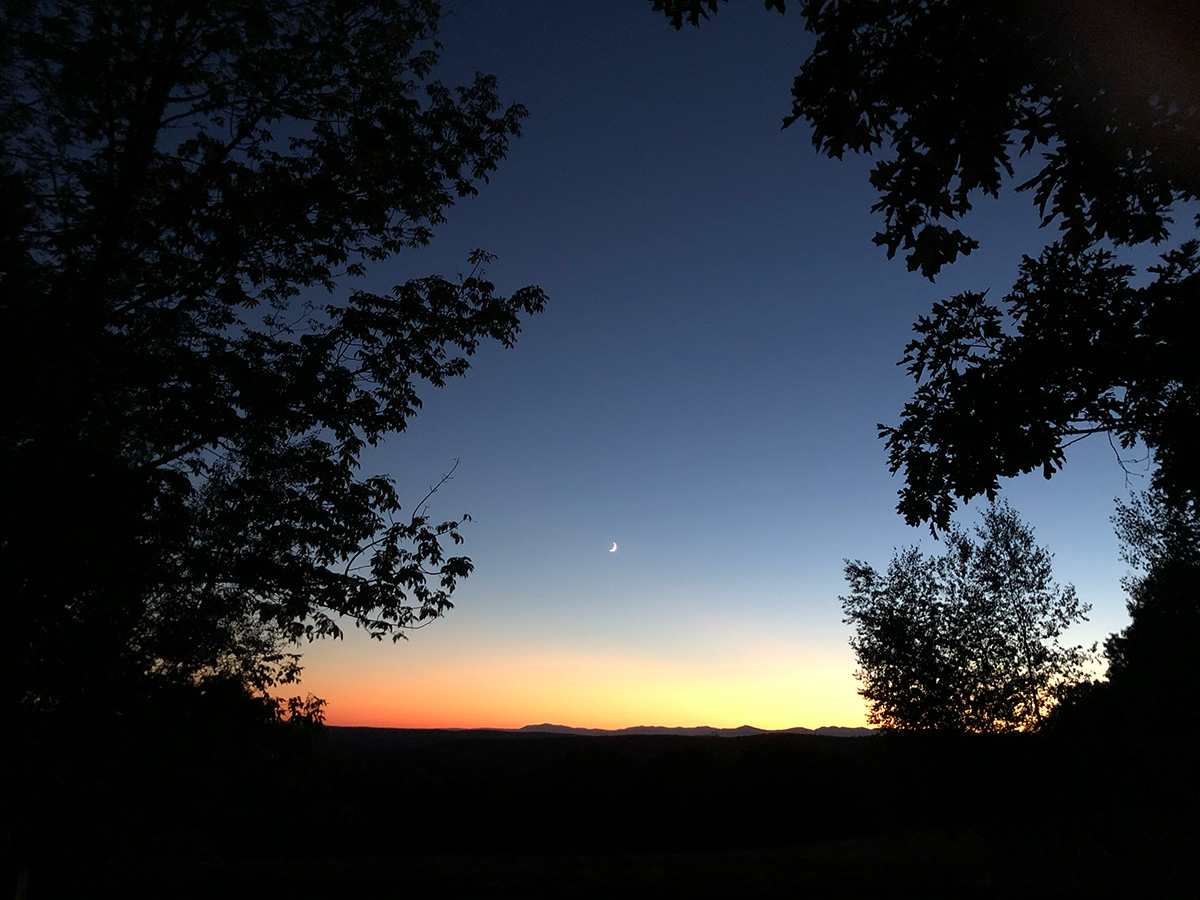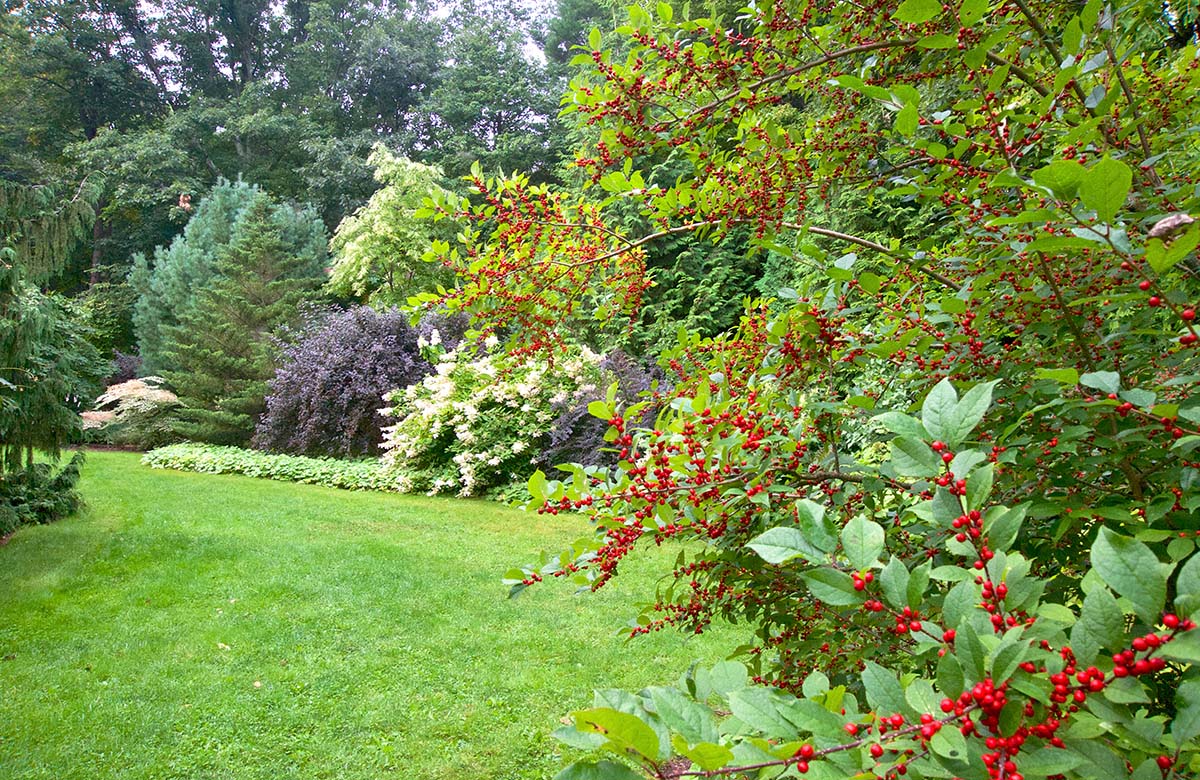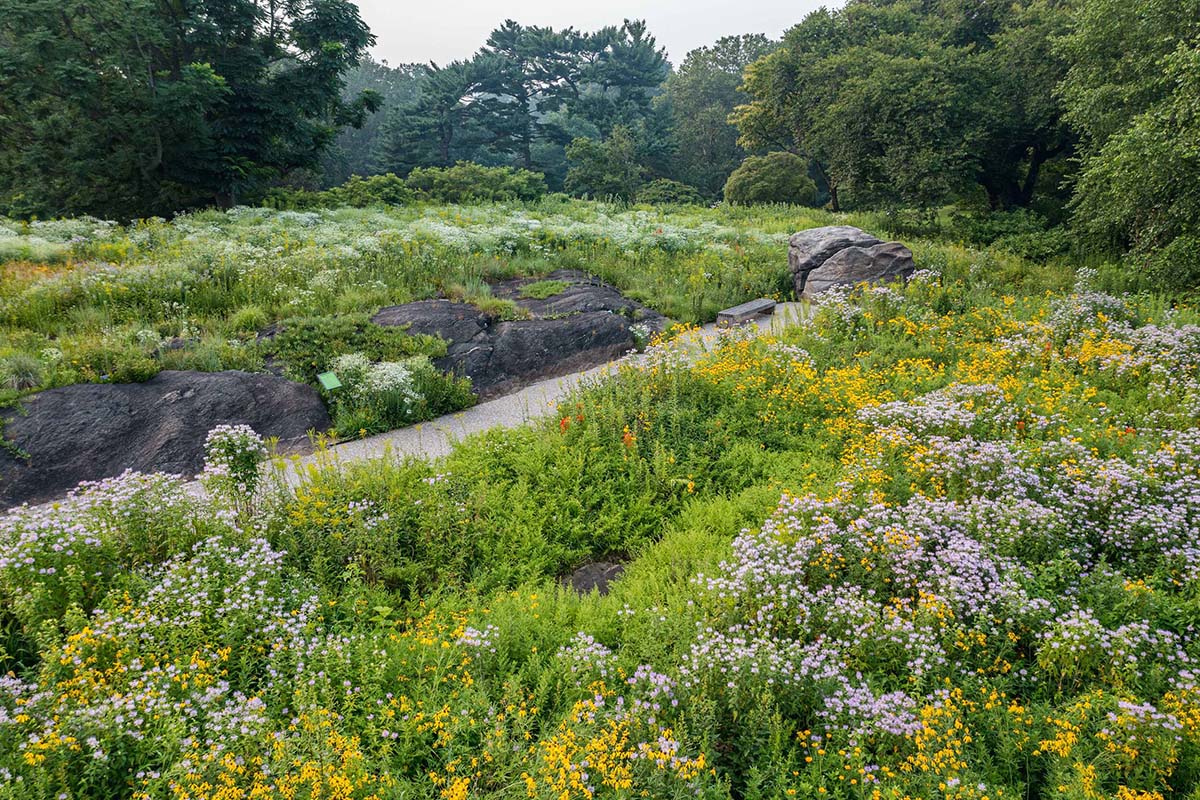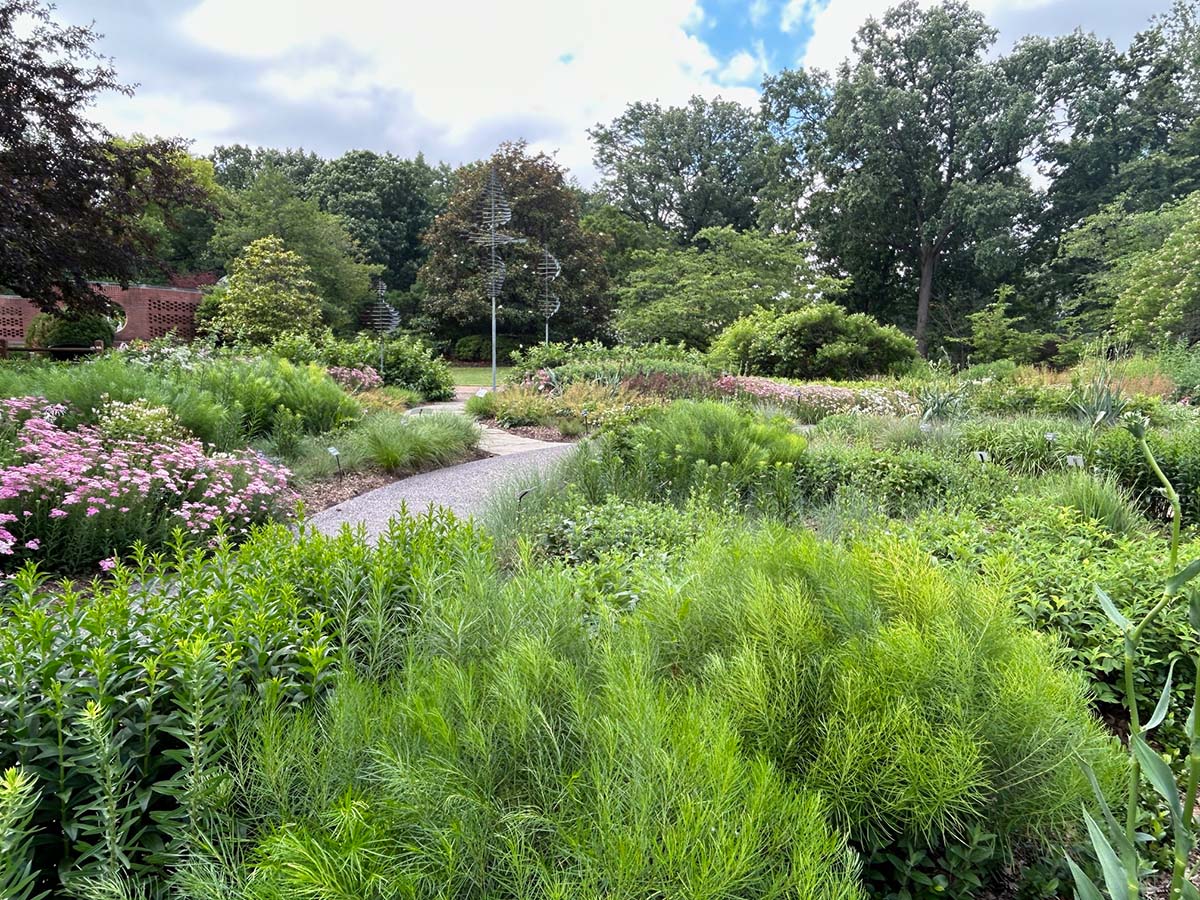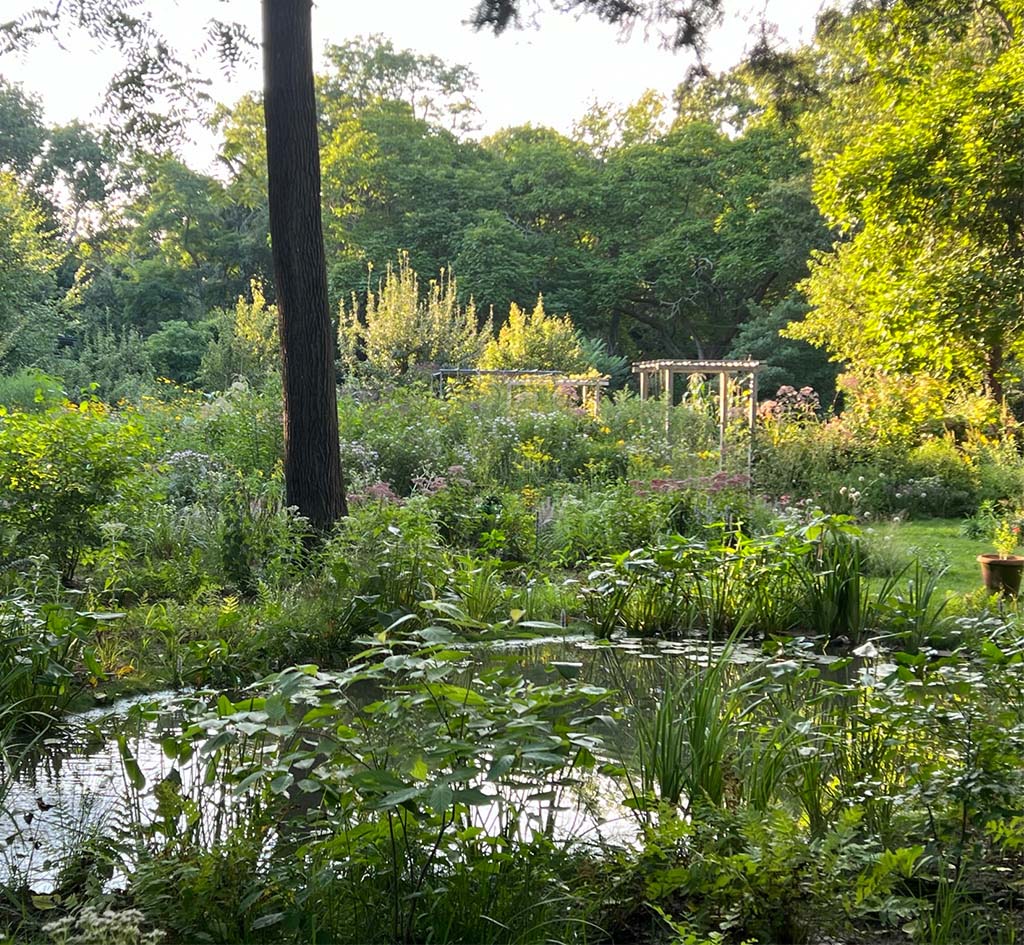How-To’s
-
Making Bank: The Importance of Saving Native Seeds
Read more: Making Bank: The Importance of Saving Native SeedsMost ecological gardeners want to do what they can to save the earth. Dozens of groups across the country are doing so—quite literally—filling freezers full of native plant seeds. These critical repositories hold the future of our botanical past. With 40 percent of the plant species in the world under threat and at risk of…
-
Looking Back With Joy (and Looking Ahead With Hope)
Read more: Looking Back With Joy (and Looking Ahead With Hope)Even for the most optimistic of us, it can be hard to stay positive these days. But hope, it is “the thing with feathers,” and there are moments that can make us soar with joy propelling us forward: from successful bans on pesticides like neonicotinoids to savoring the sweet burst of a Juneberry still warm…
-
Yes Deer
Read more: Yes DeerFor more than two decades, Nancy Lawson has been living in harmony with deer. Sure, they’re in her Maryland yard every single day. Yes, they come to eat, rest, and, occasionally, rut. But, no, they don’t destroy her garden. In fact, it’s thriving.
-
Show Them You Care
Read more: Show Them You Care“What does aesthetics have to do with ecology?” asks Joan Nassauer. Turns out a lot. A professor of landscape architecture at the University of Michigan, Nassauer has been studying how to make ecological gardens more acceptable and accessible. Several decades ago, she coined the phrase “cues to care,” which has now become a catch phrase…
-
Keeping a Community Blooming
Read more: Keeping a Community BloomingWhen the realities of climate change start to feel overwhelming, focus on local action. Research shows that small habitats can have a big impact on biodiversity. As homeowners begin to take action in their own yards, some municipalities across the country are leading by example. On the East End of Long Island, the community of…
-
I Love the Nightlife: Be Kind and Dim the Lights
Read more: I Love the Nightlife: Be Kind and Dim the LightsFireflies will never not be magical. Every time I see them glitter up the sky, I feel like I’m back in my childhood, running barefoot, chasing them through the popsicle-sticky summer air. Nature’s endorphin. But fireflies, like most insects and birds, are in trouble.
-
Let’s Rethink What a Hedge Can Be
Read more: Let’s Rethink What a Hedge Can BeWhether you call it a habitat hedge, wildlife thicket, pocket forest, or bio hedge, a border of native shrubs is a valuable addition to your garden. Here’s why.
-
Ask the Experts: How Do You Reduce Invasive Plants Without Using Herbicides?
Read more: Ask the Experts: How Do You Reduce Invasive Plants Without Using Herbicides?Perfect Earth Prject presented their second annual sold-out symposium at Stone Barns Center for Food & Agriculture on May 7, 2025, gathering experts to address the management of invasive plants. Those introduced plants that cause ecological harm are a major driver of the biodiversity crisis the world is now facing . . .
-
Ask the Expert: Missouri Botanical Garden’s Daria McKelvey
Read more: Ask the Expert: Missouri Botanical Garden’s Daria McKelveyOn April 10, Perfect Earth founder Edwina von Gal spoke at the Missouri Botanical Garden’s annual Flourish luncheon. To keep the conversation going with attendees, she followed up her talk with a landscape therapy session with the botanical garden’s Daria McKelvey, Supervisor, Home Gardening Information and Outreach. Together, Edwina and Daria answered questions and offered…
-
A Gardener (and Writer) on Eschewing Perfection for Natural Beauty
Read more: A Gardener (and Writer) on Eschewing Perfection for Natural BeautyFor more than 20 years I’ve been lucky to travel around the country writing and producing stories about gardens—from sleekly geometric gardens in California to crisp, formal landscapes in Florida to grand estates in New York. But when I remember some of the stories I’ve written that perpetuated an unrealistic ideal of “perfection,” I cringe.
